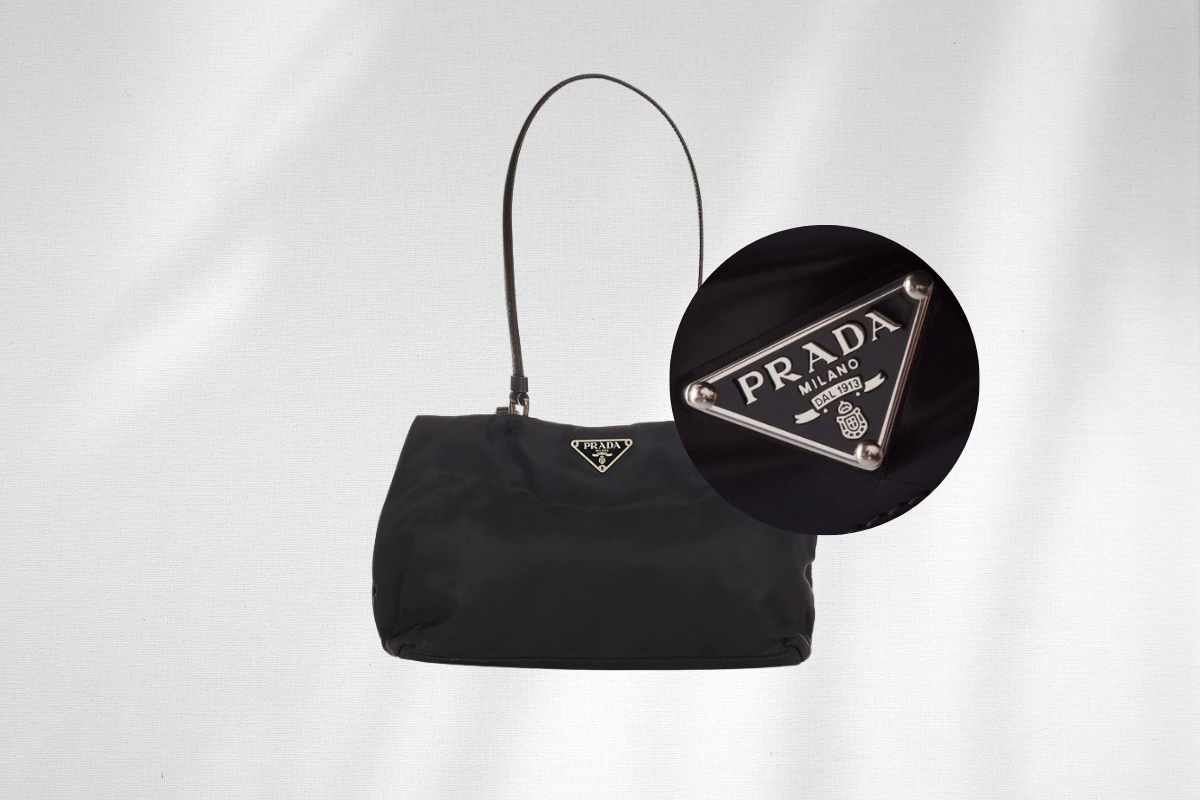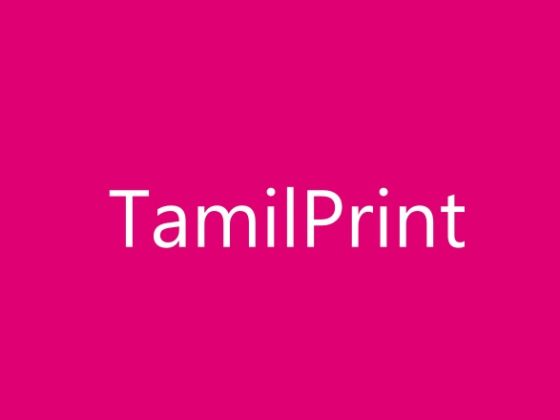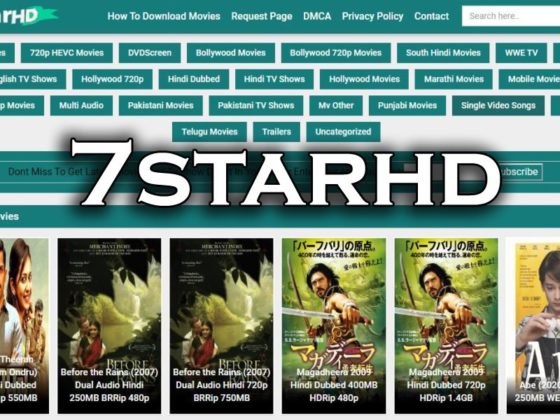Eastern civilizations are known for their deep-rooted traditions, holistic remedies, and sacred rituals. Some of these practices have passed the test of time and continue to provide insight and practical wisdom in the contemporary world. Here are six age-old Eastern practices that still hold relevance today.
1. Astrology
Astrology, the ancient science of celestial bodies, is a field that has been cultivated over thousands of years. Eastern astrology, in particular, holds a unique perspective. It’s not just about the zodiac signs we know in the West. There are also signs such as pigs, cows, and snakes, and it goes deeper into element signs like metal and wood. Each sign and element offers a glimpse into one’s past and future aspirations. This ancient practice can be a powerful tool for self-realization and personal assessment, guiding your understanding of yourself and the world around you.
With the growing interest in Eastern astrology, numerous resources have surfaced to help explore this fascinating realm. One such resource is a program called Your Astrology Language. This program demystifies the complex astrology language, making it easier to understand and integrate into our daily lives.
2. Meditation
Meditation is a practice that dates back to as early as 1500 BCE. This introspective practice, rooted in Buddhism and Hinduism, offers mental clarity and emotional calmness. It aids in stress reduction and has been scientifically proven to improve mental health and wellbeing. Even today, in our fast-paced modern society, meditation serves as a quiet sanctuary for many.
3. Traditional Chinese Medicine (TCM)
TCM is a holistic healing system developed over 2,500 years. It includes practices like acupuncture, herbal medicine, and cupping therapy. Despite advancements in modern medicine, TCM remains a popular healing method due to its natural and non-invasive approach.
4. Feng Shui
Feng Shui, the ancient art of placement, is an integral part of Eastern culture. It’s all about creating harmony in one’s surroundings to improve the flow of energy, or “chi”. Whether it’s setting up a home office or designing a peaceful garden, Feng Shui principles can optimize spaces for tranquility and success. If you are planning to redesign your space, you can follow these practical tips for creating a harmonious environment.
5. Herbal Remedies
Eastern cultures have a rich history of using herbs for medicinal purposes. From balancing energies to treating ailments, these essential herbs have a wide array of uses. With the surge in organic and natural living, these herbal remedies are gaining recognition for their healing properties and lack of synthetic components.
6. Tai Chi
Tai Chi, an internal Chinese martial art, has evolved into a graceful form of exercise that’s now practiced around the world. It promotes serenity through gentle, flowing movements and deep breathing. Aside from its calming effect, it’s also known for its health benefits such as improved balance, flexibility, and cardiovascular health.
These ancient Eastern practices have survived millennia for a reason. They offer a timeless wisdom that complements our modern living. Whether it’s understanding your astrological sign or designing your living space, these traditions provide practical tools and insights for navigating life’s ups and downs. The continued relevance of these practices is a testament to the depth and wisdom of Eastern culture.
The Philosophical Underpinnings of Eastern Practices
The philosophies of Taoism, Buddhism, and Confucianism deeply influence these ancient practices. For instance, the principles of Yin and Yang, which represent the dual nature of things in Taoism, are fundamental to TCM and Feng Shui. The idea of balance and harmony reflects in all aspects of life, from health to home environment.
Buddhism, with its focus on meditation and mindfulness, fosters self-awareness and spiritual growth. Meanwhile, Confucianism, with its emphasis on ethics, etiquette, and respect for one’s ancestors, shapes many cultural and social customs in Eastern societies. Understanding these philosophical contexts can enrich our appreciation for these practices and their profound wisdom.
Applying Eastern Practices in Modern Living
It’s not about replacing our existing habits or routines with these ancient practices, but rather integrating them into our lifestyle to enhance our wellbeing. Meditation can be practiced in the morning to start the day with a clear mind, or at night to unwind. TCM, on the other hand, can be used as a complement to conventional medical treatment, not as a replacement.
Feng Shui principles can be incorporated when decorating or remodeling our homes. Astrology can be a tool for introspection and self-improvement, helping us understand our innate tendencies and how to optimize them. By seamlessly incorporating these practices, we can experience their benefits without drastic changes to our routine.
Cultivating a Deeper Understanding and Respect
While it’s easy to adopt these practices for their practical benefits, cultivating a deeper understanding of their origins and philosophies fosters a more meaningful connection. Learning about Eastern practices is not merely about adopting new routines or techniques; it’s about embracing a different worldview, one that sees the human being as part of a larger cosmic order and interconnected with the world around us. By respecting and understanding the cultures from which these practices originate, we can apply them more genuinely and profoundly.











